'This is How We Work' is a resource tool on Creatives Unite with the unique feature that it is the only place to find factual information on the working conditions in the CCS from all 27 member states.
The platform provides an up-to-date mapping of legal frameworks, policies and sector initiatives aimed to improve working conditions in the cultural sector in the EU. The content of the tool is produced by the team of Creative FLIP and validated by national experts and correspondents of all member states.
The platfom was created in response to the need to support artists' working conditions, an issue that became a priority during and after the pandemic. As the consequences of the lockdown measures posed serious threats on the sustainability of the cultural and creative sectors, a number of new policies and legal initiatives were developed in many member states and at the EU level.
Thus, the platform was established to facilitate exchanges of information and best practices between member states on how artists work in the EU - This is how we work.

The idea for an online platform on CCS working conditions was discussed for the first time in June 2022 during a Creative FLIP 3 focus group with professionals from the field, members of OMC and Commission. Important milestones marking the development of This is how we work include OMC-group's support in September 2022, Council Workplan for Culture 2023-2026 adopting the platform in December 2022 and a year's work during June 2022 - July 2023 to turn OMC-group internal survey's findings into platform's content. Before its launch in November 2023, the platform was tested twice and discussed in consultations with CCS professionals (click on image to enlarge).
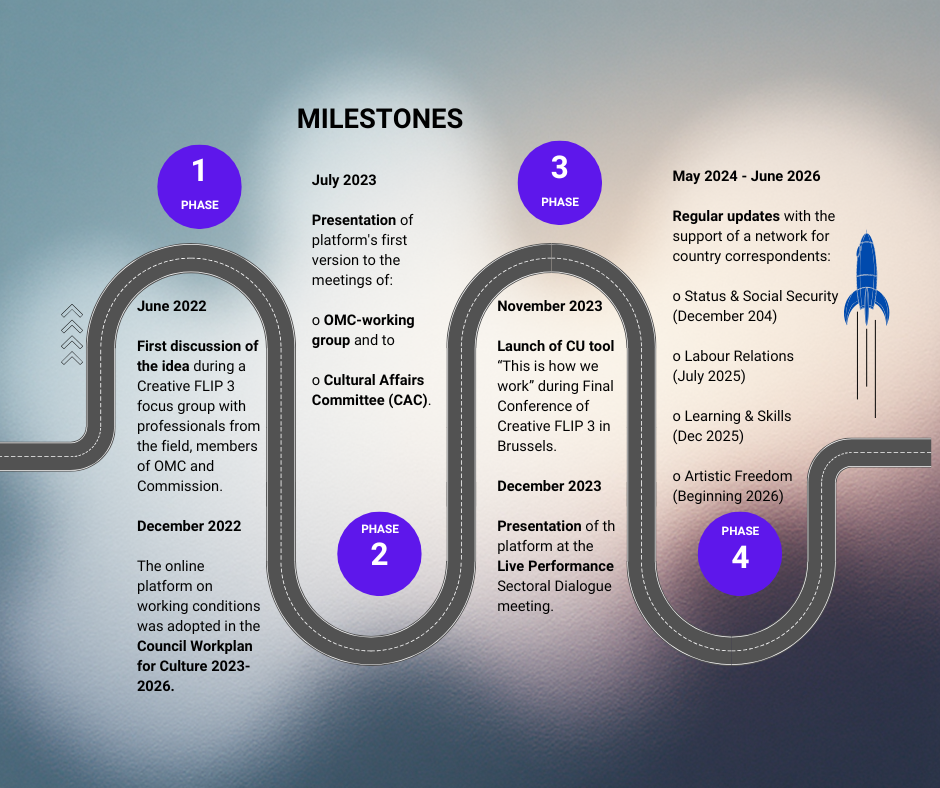
Since the launch of the platfom in 2023, 128 articles have been published providing analysis on the working conditions of artists across the 27 EU member states and focusing on key aspects of CCS working conditions, such as: status and social security, labour relations, learning and skills (in progress), and artistic freedom (in progress).
Some of our mostly viewed articles focus on the OMC report revealing the EU-wide state of play of working conditions in the cultural sector and on artists’ working conditions to remain a priority for the European Commission. Readers were also interested in our articles on a study taking a deep dive into the status and working conditions of Artists & Creative Professionals and on the EU publishing a report on the Status and Working Conditions of Artists and Cultural and Creative Professionals.
Celebrating two years of the tool, we asked country officials for their thoughts. They agree on using the tool in their everyday practice to draw evidence, drive and inspiration for informed and internationally relevant policy decisions.
We proudly present their thoughts and we look forward to providing further content to support policy debates and peer-to-peer learning among policy-makers and stakeholders.
Horizontal, targeted and international perspective of policy milestones
The platform strengthens effectiveness and a European dimension when designing cultural policies, according to representatives from culture ministries in Hungary, Cyprus and Belgium. As they say:
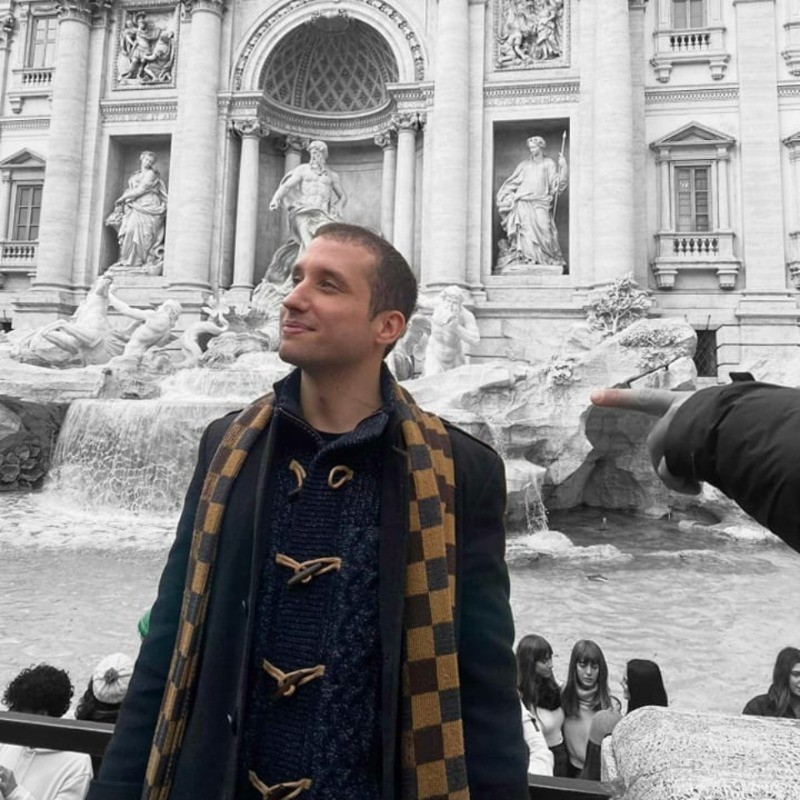 "Thanks to the platform, we now have a horizontal view on the different aspects of working conditions, and also this way we can share our policy milestones in an international sphere more effectively,” commented János Halász, Policy Officer at Ministry of Culture and Innovation Hungary.
"Thanks to the platform, we now have a horizontal view on the different aspects of working conditions, and also this way we can share our policy milestones in an international sphere more effectively,” commented János Halász, Policy Officer at Ministry of Culture and Innovation Hungary.
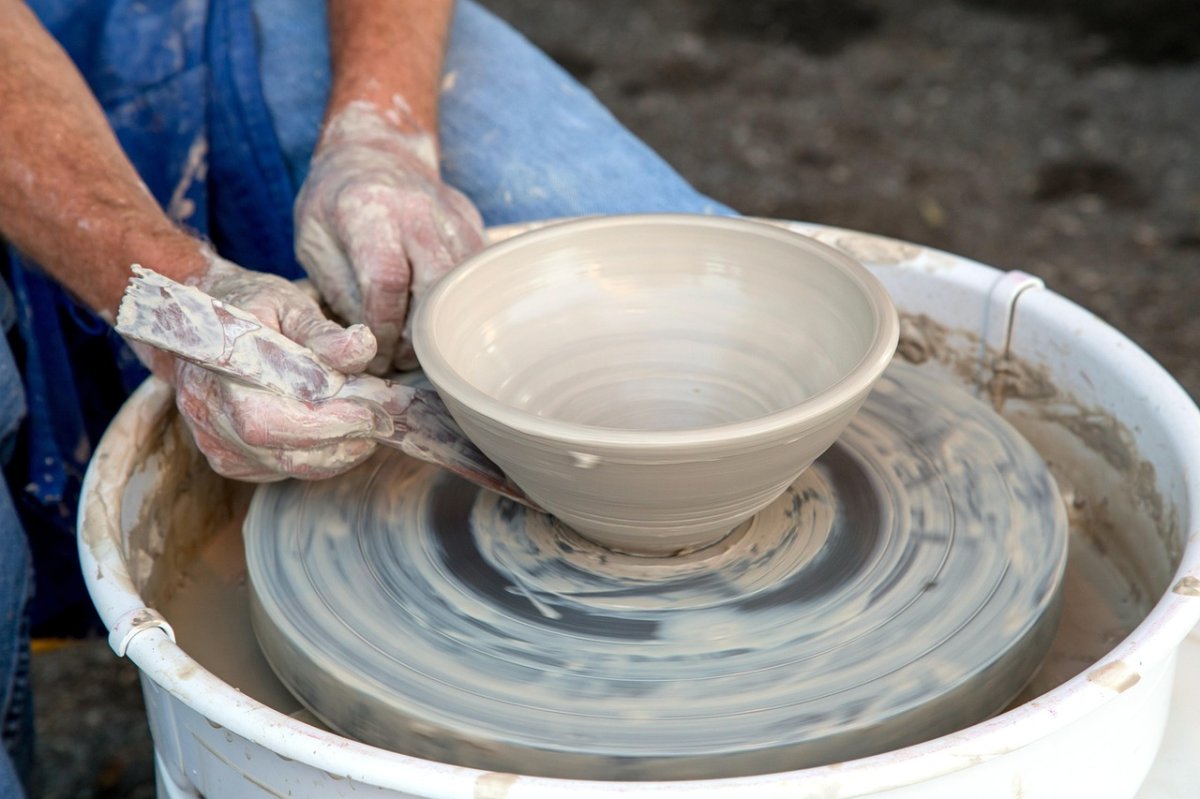
The platform ‘This is How We Work’ empowers us to design policies that are both fair and firmly grounded in evidence.
"As a Cultural Officer at Cyprus’ Department of Contemporary Culture, I consider the ‘This is How We Work’ platform a vital tool. Its comparative data on artists’ working conditions across countries empowers us to design policies that are both fair and firmly grounded in evidence. It’s an essential resource for transparent and responsive cultural governance," noted Petros Dymiotis, Cultural Officer at Ministry of Education and Culture Cyprus.
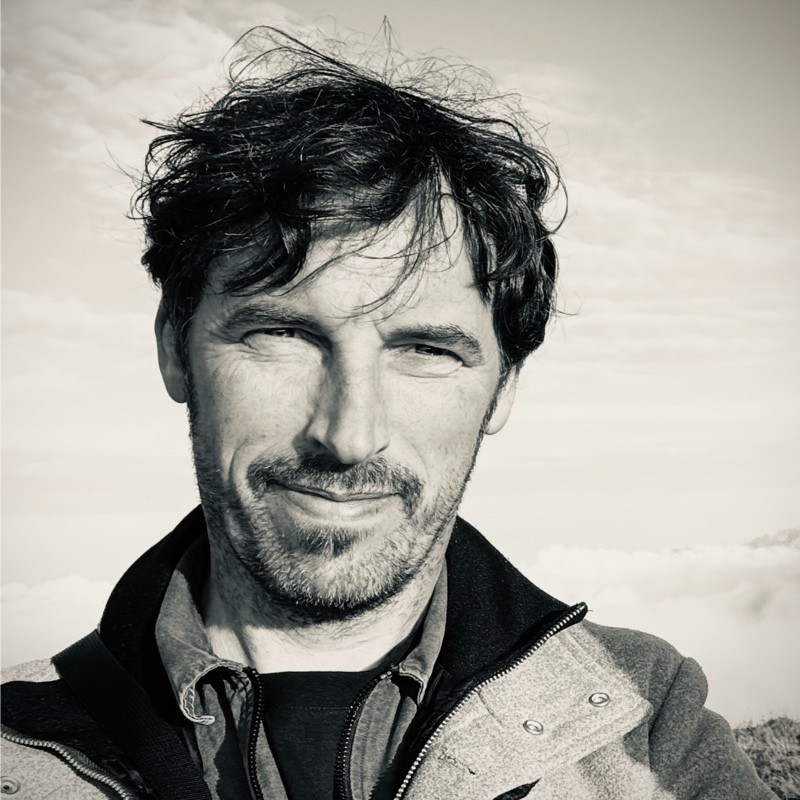 “We use the platform in a targeted manner to compare situations and to learn from good practices in other countries, which contributes to placing policy discussions within a broader European context,” said Marc Brion, Expert/Advisor Arts & Culture at the Belgian Federal Government.
“We use the platform in a targeted manner to compare situations and to learn from good practices in other countries, which contributes to placing policy discussions within a broader European context,” said Marc Brion, Expert/Advisor Arts & Culture at the Belgian Federal Government.
Knowledge is Power, Incentive and Inspiration
Country representatives from Lithuania, Portugal, Latvia and Finland add that beyond the benefits of data and knowledge, the platform serves as well as a source of incentive and inspiration.
“This platform has become a true companion in my daily work practice, helping me navigate through the complexities of artists' working conditions across the EU. This is a great tool to have a better understanding of the regimes in other EU Member States, as well as a source of inspiration to continue creating a better environment for artists and creators," commented Jolanta Meiduvienė, Adviser at Ministry of Culture of the Republic of Lithuania.
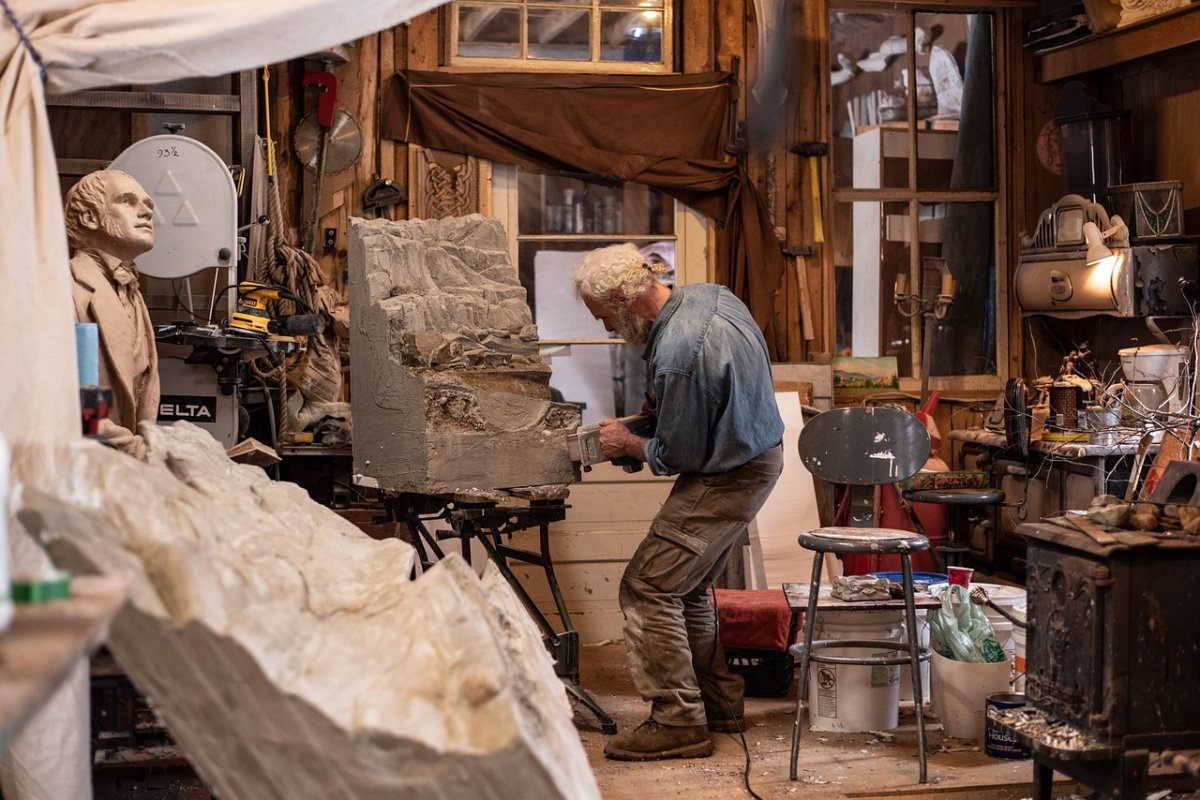
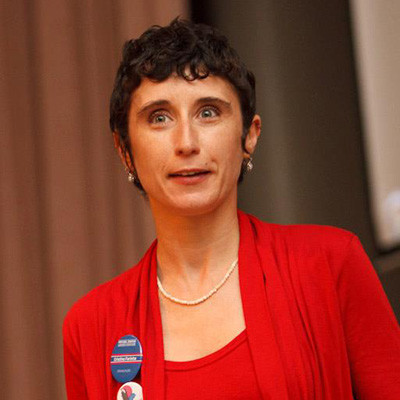 "In Portuguese (and most certainly in other languages too) we say, "Knowledge is power/Saber é Poder” and this platform is a great tool to inform policy making and advocacy work, always eager for evidence base and benchmarking to convince and get legitimation. The lack of data, of knowledge, even of awareness in this field is huge and being able to have clear-cut non-academic approachable information is fundamental," said Cristina Farinha, Independent expert, Country Correspondent for Portugal.
"In Portuguese (and most certainly in other languages too) we say, "Knowledge is power/Saber é Poder” and this platform is a great tool to inform policy making and advocacy work, always eager for evidence base and benchmarking to convince and get legitimation. The lack of data, of knowledge, even of awareness in this field is huge and being able to have clear-cut non-academic approachable information is fundamental," said Cristina Farinha, Independent expert, Country Correspondent for Portugal.
The lack of data, of knowledge, even of awareness in this field is huge and being able to have clear-cut non-academic approachable information is fundamental.
"The platform is very useful for agenda setting and even accountability as well, highlighting gaps and needs, putting them into contexts, demonstrating in comparative terms not only what each country does less but also what it does more/differently which is always an incentive,” she continued.
The platform has also been proven a useful tool to the the research community.

As Dr. oec. Ieva Zemīte, Associate Professor in the Latvian Academy of Culture said: "I use the platform regularly in my teaching - particularly in the Creative Entrepreneurship course at the Latvian Academy of Culture - as an excellent example of how working conditions and policy contexts can be translated into accessible knowledge for students and practitioners".
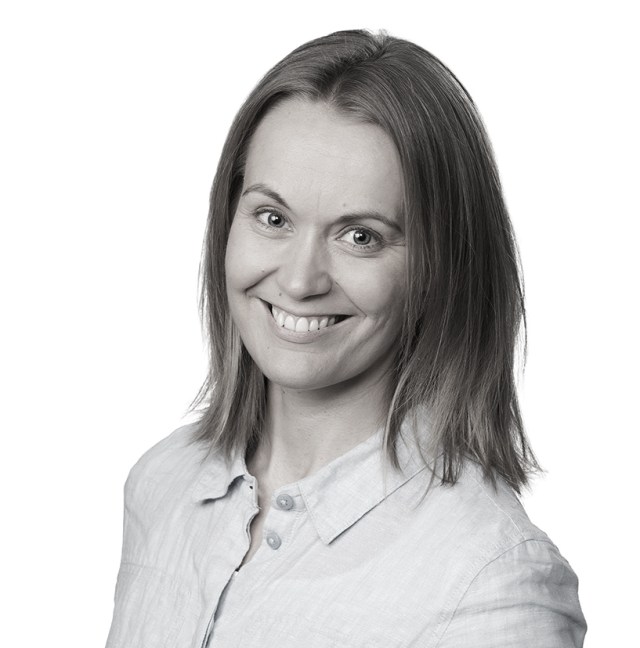 “In my expert role within national arts administration, it is essential to stay up to date on developments and support structures for artists across countries. This tool allows me to quickly see how a specific issue is addressed in a particular country, helping me identify relevant contacts for further insight,” stated Anne Lehtelä, Arts Promotion Centre Finland.
“In my expert role within national arts administration, it is essential to stay up to date on developments and support structures for artists across countries. This tool allows me to quickly see how a specific issue is addressed in a particular country, helping me identify relevant contacts for further insight,” stated Anne Lehtelä, Arts Promotion Centre Finland.
Background
The tool was launched in November 2023 by Creative FLIP in cooperation with the European Commission and as a follow-up to the report by the OMC group of experts on the status and working conditions of artists and cultural professionals.
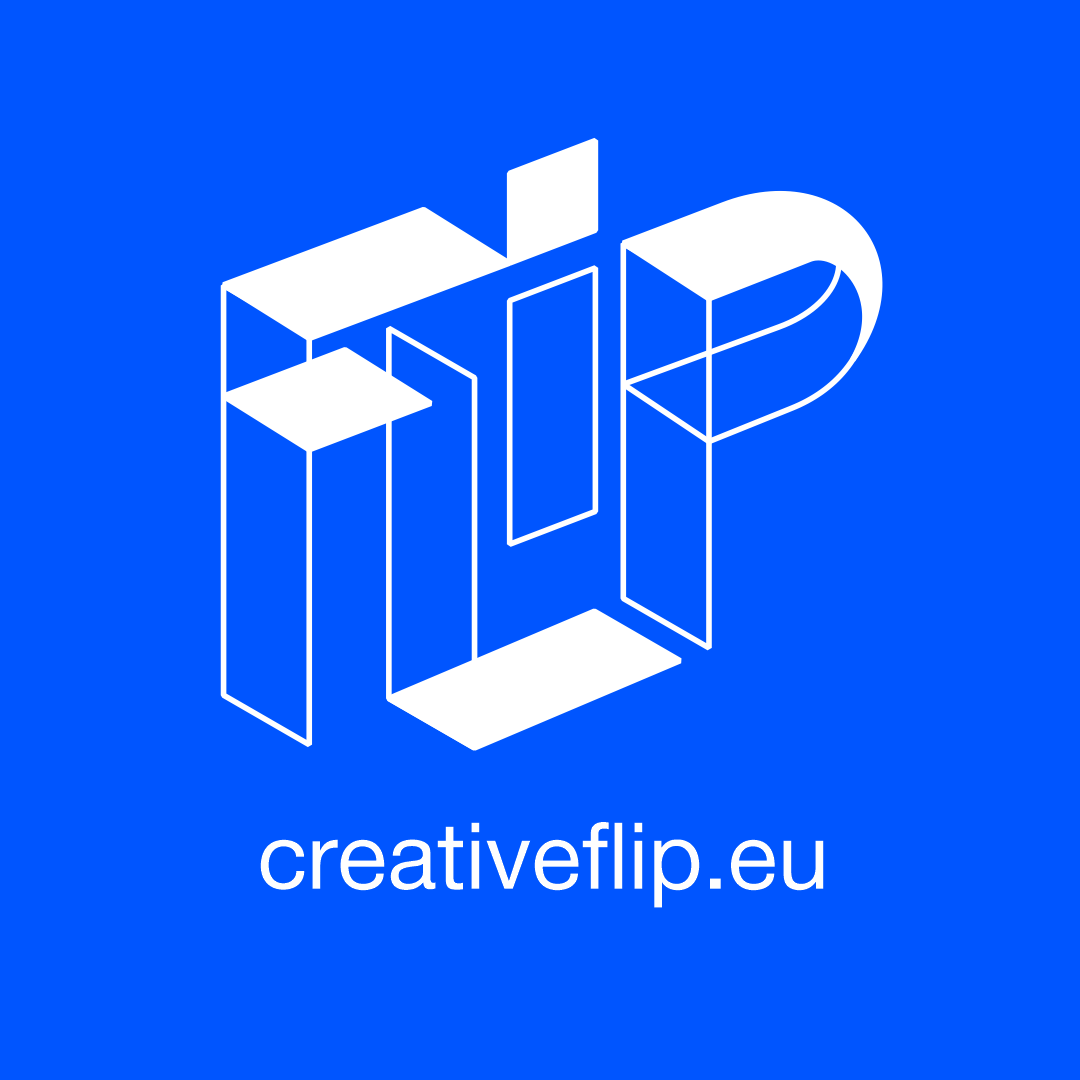
The Creative FLIP consortium includes the Goethe-Institut as lead partner, the European Creative Hubs Network, IDEA Consult, and Intellectual Property Institute Luxembourg.
Image 1 by Evgeni Tcherkasski from Pixabay - Free for use under the Pixabay Content License
Image 2 by LuAnn Hunt from Pixabay - Free for use under the Pixabay Content License
Image 3 by Ana Krach from Pixabay - Free for use under the Pixabay Content License








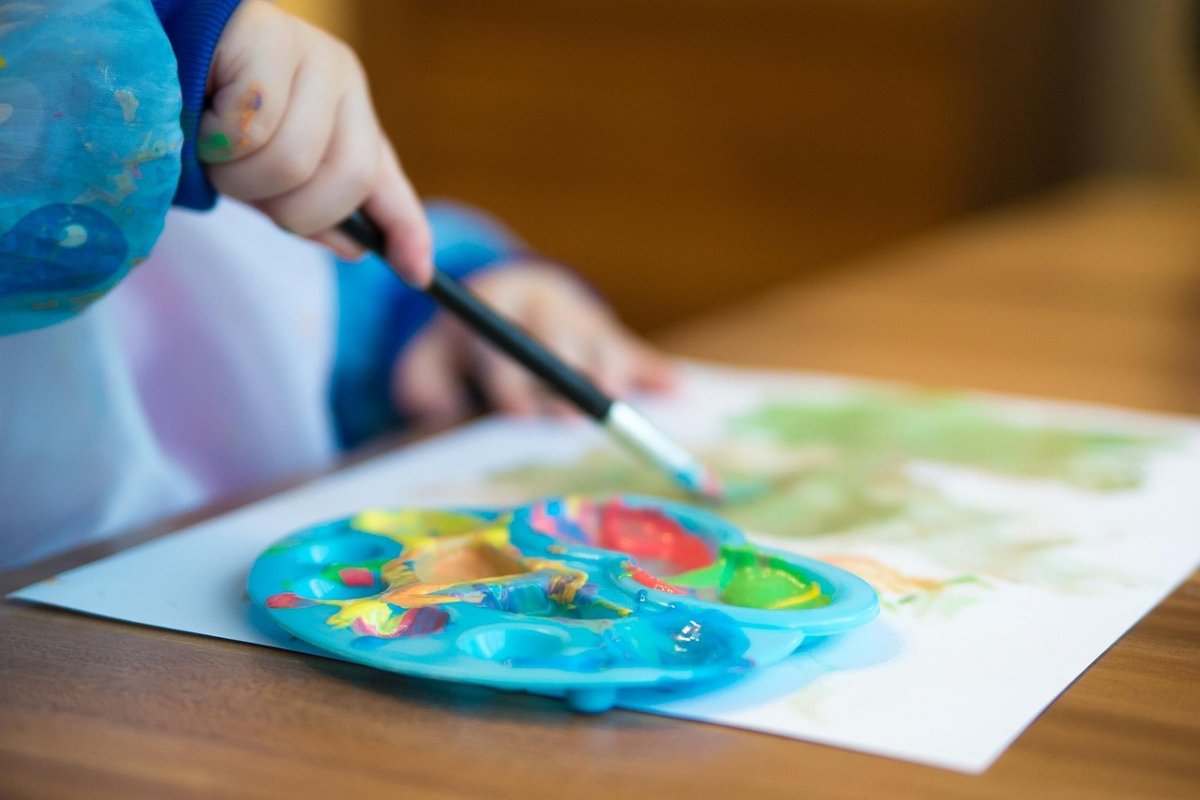

 "Thanks to the platform, we now have a horizontal view on the different aspects of working conditions, and also this way we can share our policy milestones in an international sphere more effectively,” commented
"Thanks to the platform, we now have a horizontal view on the different aspects of working conditions, and also this way we can share our policy milestones in an international sphere more effectively,” commented 
 “We use the platform in a targeted manner to compare situations and to learn from good practices in other countries, which contributes to placing policy discussions within a broader European context,” said
“We use the platform in a targeted manner to compare situations and to learn from good practices in other countries, which contributes to placing policy discussions within a broader European context,” said 
 "In Portuguese (and most certainly in other languages too) we say, "Knowledge is power/Saber é Poder” and this platform is a great tool to inform policy making and advocacy work, always eager for evidence base and benchmarking to convince and get legitimation. The lack of data, of knowledge, even of awareness in this field is huge and being able to have clear-cut non-academic approachable information is fundamental," said
"In Portuguese (and most certainly in other languages too) we say, "Knowledge is power/Saber é Poder” and this platform is a great tool to inform policy making and advocacy work, always eager for evidence base and benchmarking to convince and get legitimation. The lack of data, of knowledge, even of awareness in this field is huge and being able to have clear-cut non-academic approachable information is fundamental," said 
 “In my expert role within national arts administration, it is essential to stay up to date on developments and support structures for artists across countries. This tool allows me to quickly see how a specific issue is addressed in a particular country, helping me identify relevant contacts for further insight,” stated
“In my expert role within national arts administration, it is essential to stay up to date on developments and support structures for artists across countries. This tool allows me to quickly see how a specific issue is addressed in a particular country, helping me identify relevant contacts for further insight,” stated 